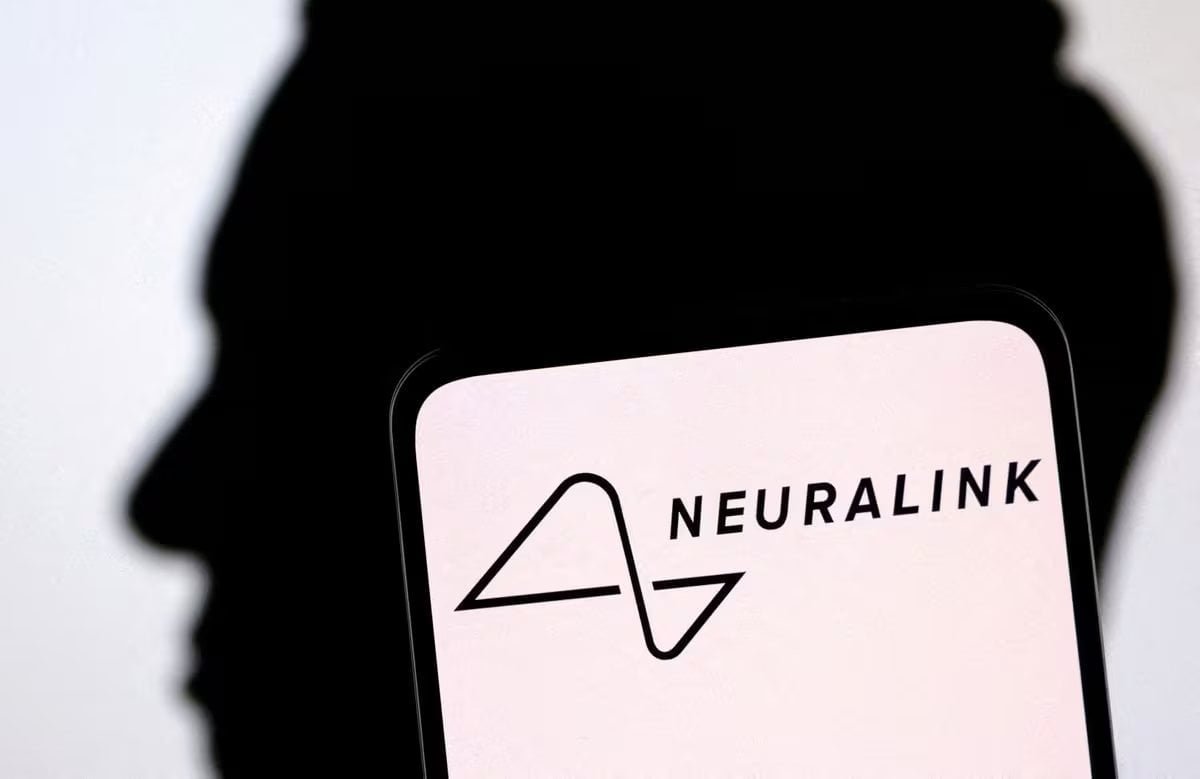Elon Musk’s First Brain Chip Patient Plays Online Chess With His Mind – During a live stream to X, Neuralink, led by Elon Musk, unveiled new footage demonstrating the functionality of its brain implant technology. The video showcased 29-year-old Noland Arbaugh, a quadriplegic individual with the Neuralink implant, manipulating a computer cursor using his mind and engaging in gaming activities such as chess and Civilization VI.
“It’s like using the force on a cursor, I stare somewhere on the screen and it would move where I wanted it to, said Arbaugh, adding: “I can’t even begin to describe how cool it is that I get to do this.” “One of the first times you guys gave me full control of this I stayed up until 6am playing a game of Civilization VI,” Arbaugh explained.
Eight years ago, Arbaugh suffered a severe spinal cord injury in a “freak diving accident” which left him completely paralyzed below the shoulders. Arbaugh reported that the surgery proceeded without complications, and he was discharged from the hospital merely a day after undergoing the implant procedure on Sunday, January 28th. “It has already changed my life,” Arbaugh said. “The surgery was super easy.”
People Also Read: Elon Musk Mulls AI Startup to Compete Against Chatgpt Maker Openai
Arbaugh acknowledged that certain aspects of the technology still needed refinement but encouraged individuals facing neurological challenges to participate in human trials and contribute to its advancement. “I don’t want people to think that this is the end of the journey, there’s still a lot of work to be done,” he said. “I would say to people who are thinking about applying for the human trials or are thinking about finding some way to help out with this, to do your part.
In a post dated January 30 on X, Musk explained that Neuralink’s brain implant is designed to enable individuals with severe injuries or paralysis to control a phone or computer through their thoughts alone. Musk also mentioned that the inaugural product from Neuralink is named Telepathy. “Imagine if Stephen Hawking could communicate faster than a speed typist or auctioneer. That is the goal.”
In a September 19 blog post, Neuralink announced the commencement of human clinical trial applications following approval for its Precise Robotically Implanted Brain-Computer Interface (PRIME) study by the United States Food and Drug Administration in May 2023. The Neuralink device, also known as a Brain-Computer Interface (BCI), operates by creating a small opening in the patient’s skull and employing a surgical robot to insert the chip.
People Also Read: The UK Releases Key Ambitions for Global AI Summit
The device is comprised of “ultra-fine and flexible threads” and is implanted in a region of the brain that controls movement intention. After implantation, the device becomes “cosmetically invisible” and functions as a recording and transmission tool to wirelessly send data to an application. This application decodes the patient’s thoughts into digital movements on a device.




